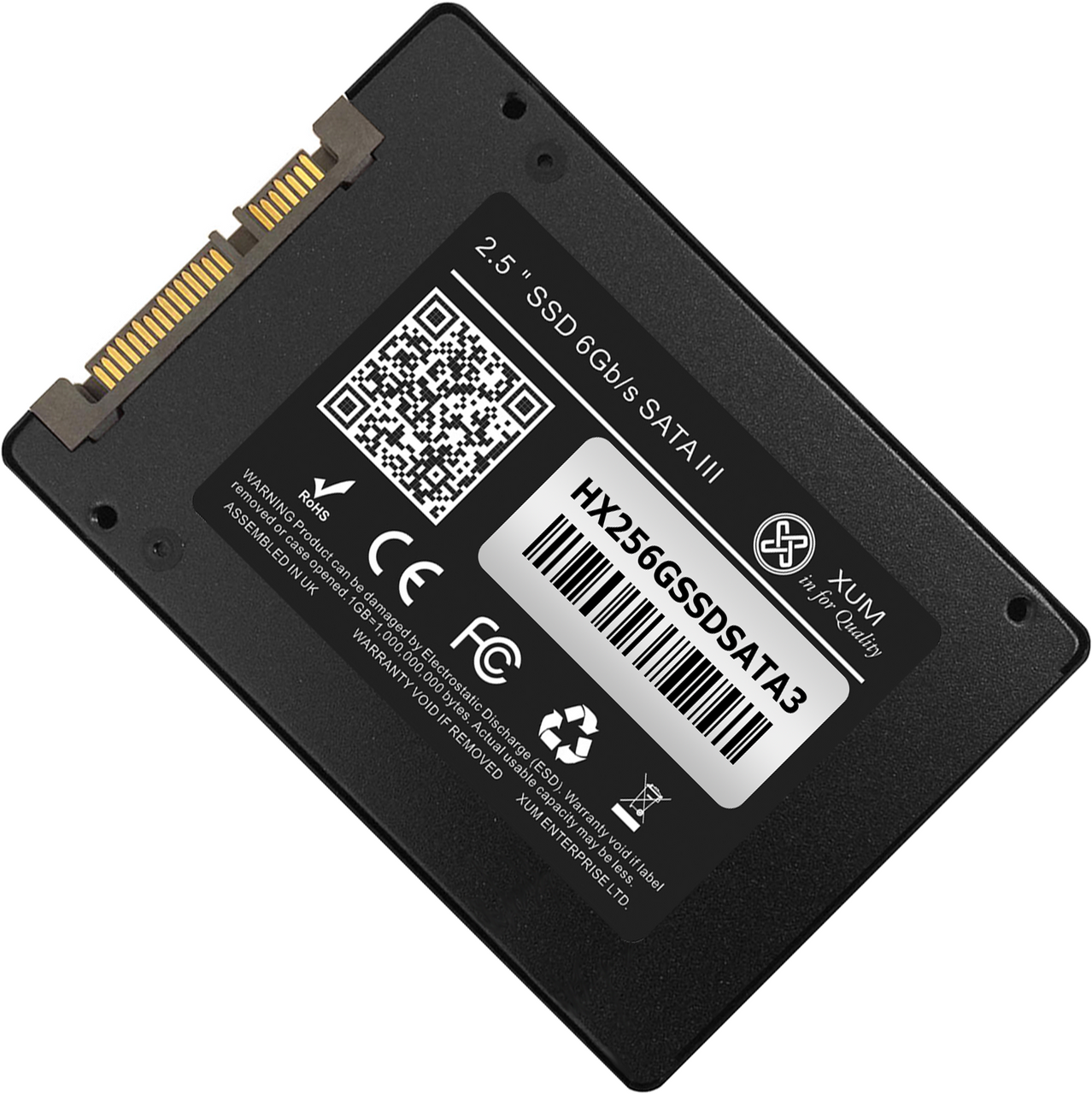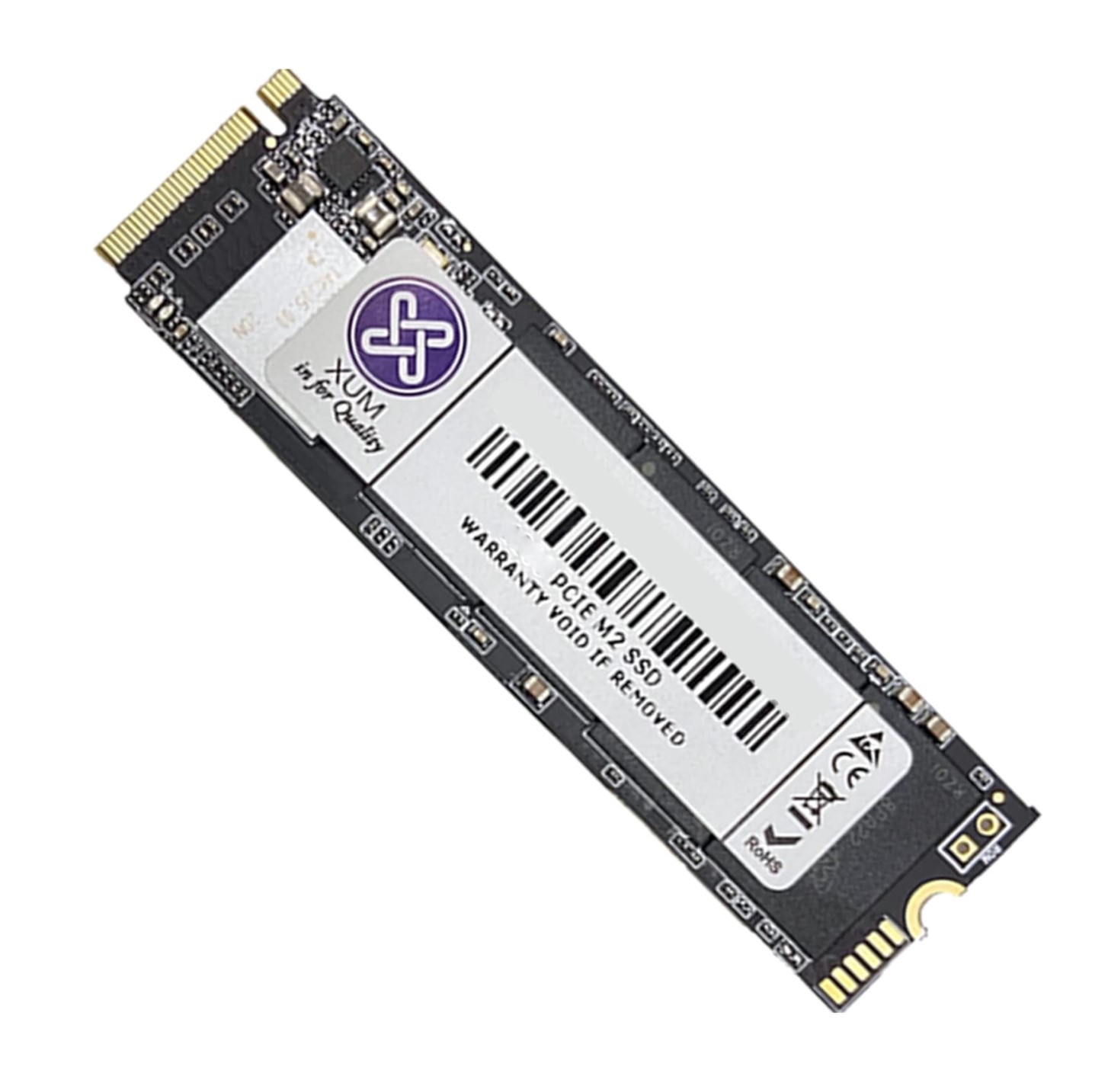The Ultimate Guide to Choosing the Right SSD for Your Gaming PC
15th Nov 2023
The Ultimate Guide to Choosing the Right SSD for Your Gaming PC
Solid-state drives (SSDs) have revolutionized the way we store and access data, particularly in the realm of gaming PCs. These innovative storage solutions offer lightning-fast speeds, significantly reducing loading times and enhancing overall system responsiveness, transforming the gaming experience for both seasoned gamers and casual enthusiasts alike.
SSDs vs. HDDs: Understanding the Performance Difference
Traditional hard disk drives (HDDs) have long been the standard storage option for computers, but their spinning platters and mechanical arms limit their performance. SSDs, on the other hand, utilize flash memory technology, eliminating moving parts and enabling them to access data much faster.
The performance difference between SSDs and HDDs is particularly noticeable in gaming applications. SSDs can significantly reduce loading times, allowing you to jump into games and levels almost instantly. They also improve overall system responsiveness, ensuring smoother gameplay and eliminating frustrating lag.

Custom-Built Gaming PCs: Tailoring Your SSD Choice
Custom-built gaming PCs offer the flexibility to choose the specific components that best suit your needs, including the SSD. When selecting an SSD for your custom-built gaming PC, consider factors such as:
.
- Capacity: Choose an SSD with sufficient capacity to accommodate your game library, operating system, and other essential applications. A 512GB SSD is a common choice for gamers, but if you have a large collection of games, consider a 1TB or even 2TB SSD.
- Read and Write Speeds: Read and write speeds determine how quickly data is transferred between the SSD and your computer's memory. For gaming, prioritize SSDs with higher read speeds, as they directly impact loading times. Aim for an SSD with a minimum sequential read speed of 500 MB/s or higher.
- Form Factor: SSDs come in various form factors, including 2.5-inch and M.2. Ensure you choose an SSD compatible with your motherboard's available storage slots. M.2 SSDs offer faster speeds and a smaller form factor compared to 2.5-inch SSDs.
- Interface: SSDs connect to the motherboard via different interfaces, such as SATA and PCIe/NVMe. NVMe SSDs offer significantly higher performance compared to SATA SSDs, making them the preferred choice for demanding gaming applications.
- Brand Reputation: opt for SSDs from reputable brands known for their reliability, performance, and customer support.
Pre-Built Gaming PCs: Selecting the Right SSD for Your Pre-Built Machine
Pre-built gaming PCs offer the convenience of having all components pre-assembled and tested. When choosing a pre-built gaming PC, pay attention to the type of SSD included. Check the specifications to ensure the SSD offers sufficient capacity, read and write speeds, and compatibility with your needs. Consider upgrading the SSD if you feel the pre-installed option is not up to par.

XUM Gaming PCs: Leveraging XUM's Expertise
XUM Gaming PCs are renowned for their high performance and attention to detail. When selecting an XUM Gaming PC, you can be confident that the included SSD is carefully chosen to provide the best possible gaming experience. XUM often utilises high-performance NVMe SSDs from reputable brands to ensure optimal performance and reliability.
Desktop Computers: Expanding Your SSD Options
Desktop computers offer more flexibility in terms of SSD installation. You can choose to upgrade your existing desktop with an SSD or opt for a new desktop with an SSD pre-installed. Consider the same factors mentioned above when selecting an SSD for your desktop computer.
RAM Memory: Complementing Your SSD
While SSDs play a crucial role in improving loading times and overall system responsiveness, RAM also contributes to overall gaming performance. Ensure your gaming PC has sufficient RAM (16GB or more is recommended for demanding games) to handle the memory requirements of modern games.
Server Laptops: Considering SSDs for Mobile Gaming
If you enjoy gaming on the go, consider upgrading your server laptop with an SSD. SSDs can significantly improve loading times and overall system responsiveness, making your laptop a more capable gaming machine.
Conclusion: Choosing the Right SSD for Your Gaming Needs
When choosing an SSD for your gaming PC, consider factors such as capacity, read and write speeds, form factor, interface, brand reputation, and compatibility with your system. Custom-built PCs offer the most flexibility in SSD selection, while pre-built and XUM Gaming PC setups provide convenience and peace of mind. Desktop computers offer more installation options, and server laptops can benefit from SSD upgrades as well. Pair your SSD with sufficient RAM to ensure a seamless gaming experience.





